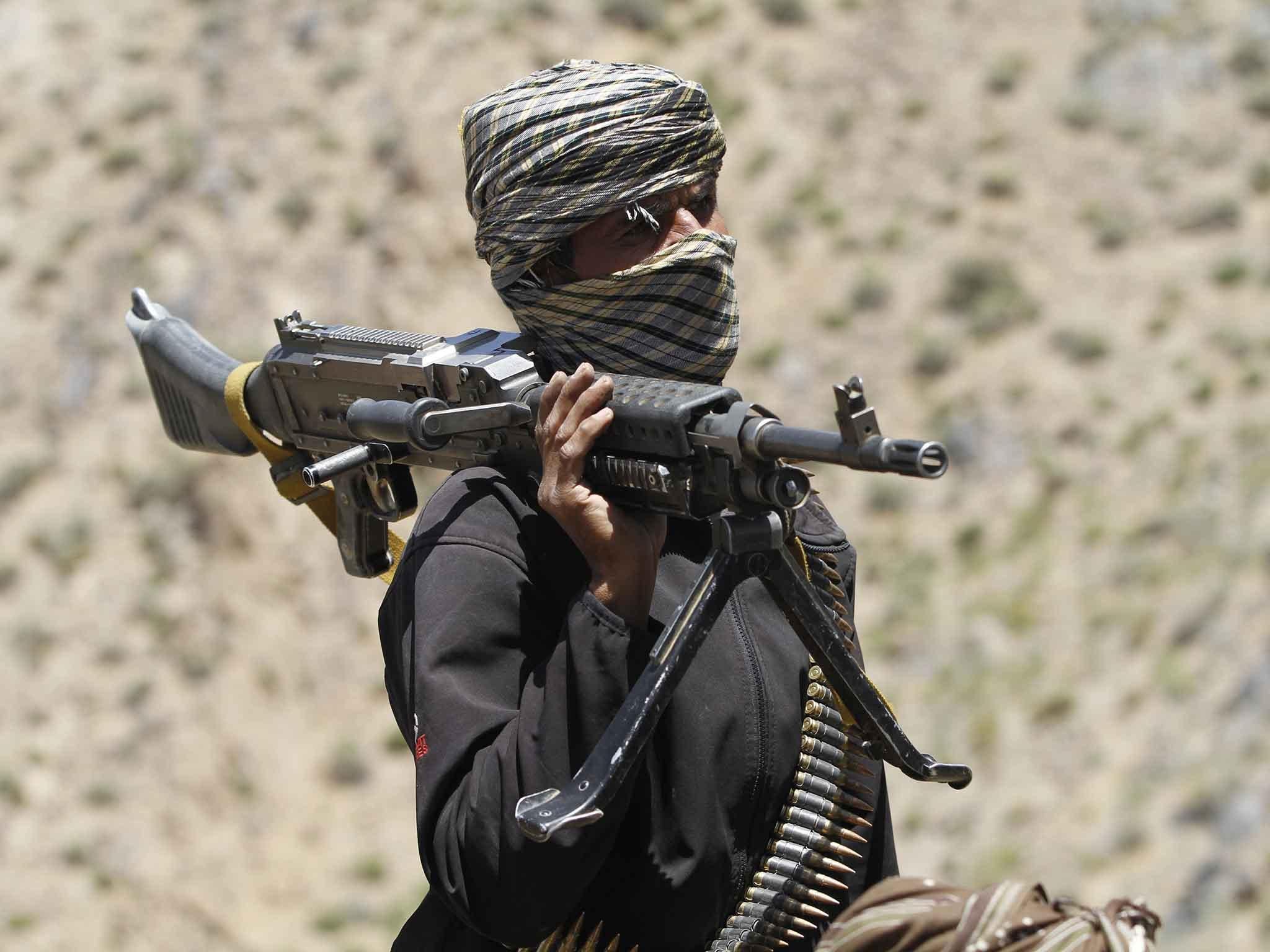Taliban leader urges Afghans to plant trees for ‘the worldly good’
Statement dismissed by country’s government as an attempt to ‘deceive public opinion’

The Taliban in Afghanistan has used a rare public statement in the name of its leader, Haibatullah Akhundzada, to call on Afghans to plant more trees for worldly and otherworldly good.
Official Taliban outlets released the “special message” under Akhundzada's name, an uncommon move for the group that has recently published unsigned statements on a range of issues such as civilian casualties, upcoming military operations, and the anniversary of the withdrawal of Soviet troops in the 1980s.
Akhundzada, a cleric, is believed to have been in hiding since becoming Taliban leader in May 2016 following the death of his predecessor in a US drone strike in Pakistan.
In the statement, he urged Afghan civilians and Taliban fighters to “plant one or several fruit or non-fruit trees for the beautification of Earth and the benefit of almighty Allah's creations.”
Published in four languages, including English, Akhundzada said that, “the Mujahideen and beloved countrymen must join hands in tree-planting.”
The statement does point out that the Taliban remains “actively engaged in a struggle against foreign invaders and their hirelings” – a reference to the Kabul government that the militant group seeks to overthrow.
The Taliban has been waging an insurgency against the government in Kabul and its Nato coalition backers since being ousted from power in a US-led military intervention in 2001.
Since the withdrawal of most foreign combat troops in 2014, the Islamist group has made slow but steady gains – it now controls or contests more than 40 per cent of Afghanistan.
While the Taliban is mostly known for its insurgent attacks, it retains its political aspirations and has often worked to provide basic services and assert connections in communities in areas it controls.
Akhundzada, who was reported to have spent 15 years teaching at a mosque in Pakistan, interpreted verses of the Quran in his call for more trees in the arid country.
“Planting trees and agriculture are considered actions which hold both worldly good and benefit as well as immense rewards in the hereafter,” Akhundzada said in the statement.
Shah Hussain Murtazawi, deputy spokesman for Afghan President Ashraf Ghani, dismissed the statement as an attempt to “deceive public opinion” and distract from the Taliban’s “crimes and destruction.”
“Since the establishment of the Taliban movement the only things that these people have in their minds are fighting, crimes and destruction,” he said. “How is it possible for the Taliban to think about planting trees or protecting the environment in the country?”
Most of Afghanistan's big cities, including the capital Kabul, are overpopulated and there are few public green spaces or parks. According to officials from the Afghan Public Health Ministry, up to 4,000 citizens die each year in Kabul due to illnesses brought on or exacerbated by air pollution.
Wahid Muzhda, a political analyst in Kabul, said that announcements like this from the Taliban – and other statements where it claims to be building roads and bridges – could be part of a campaign to show that they would provide enlightened leadership in areas of the country that they control.
Reuters and Associated Press contributed to this report
Join our commenting forum
Join thought-provoking conversations, follow other Independent readers and see their replies
Comments